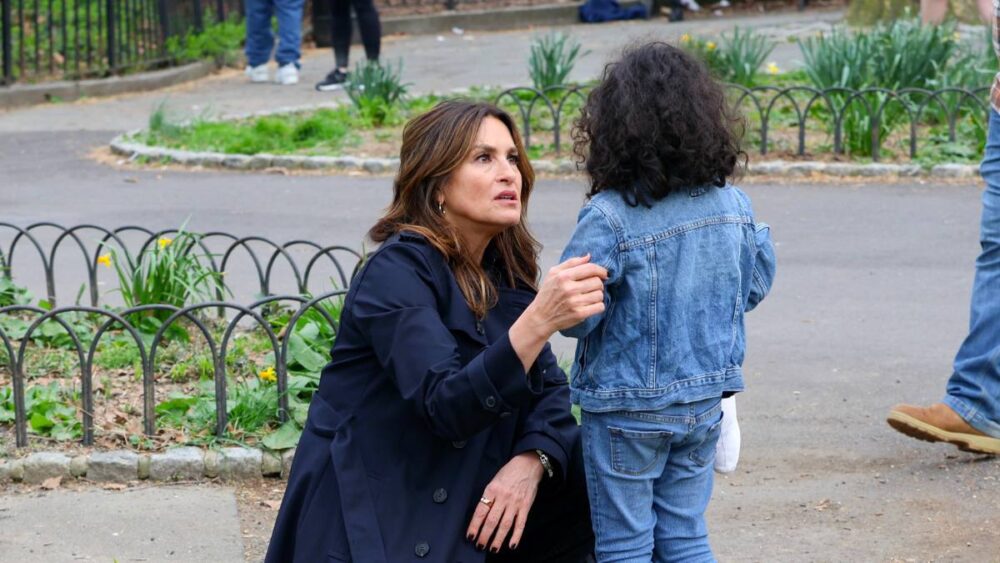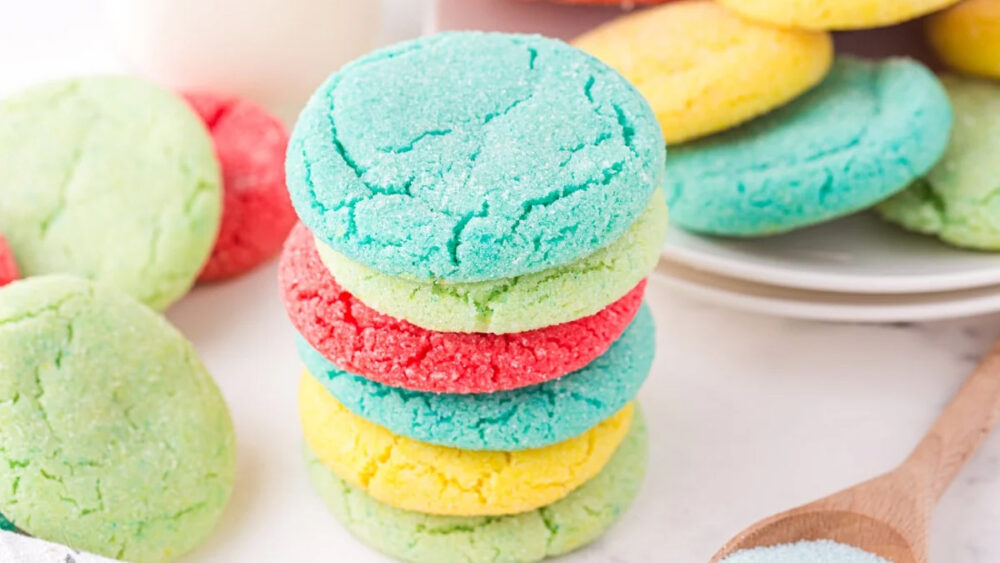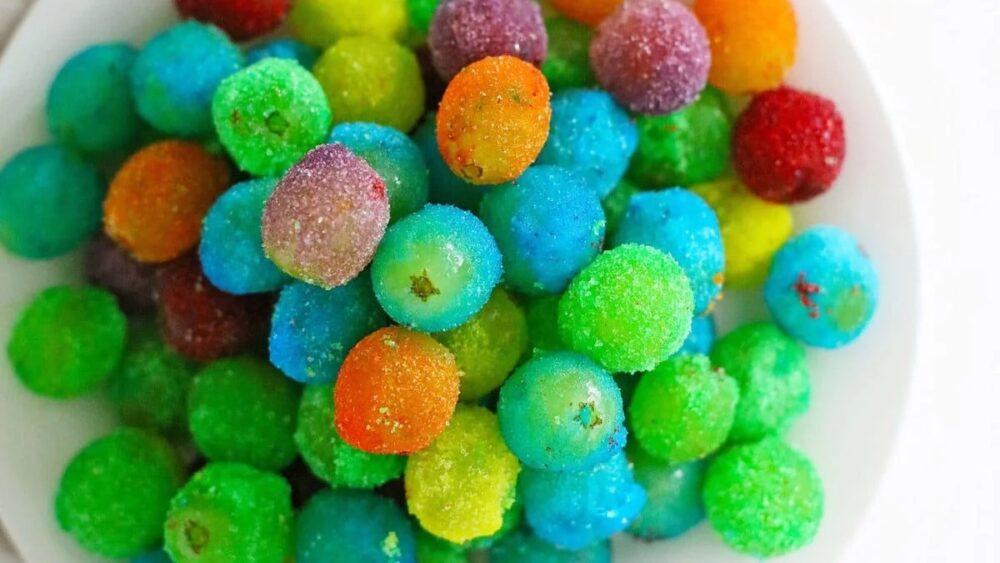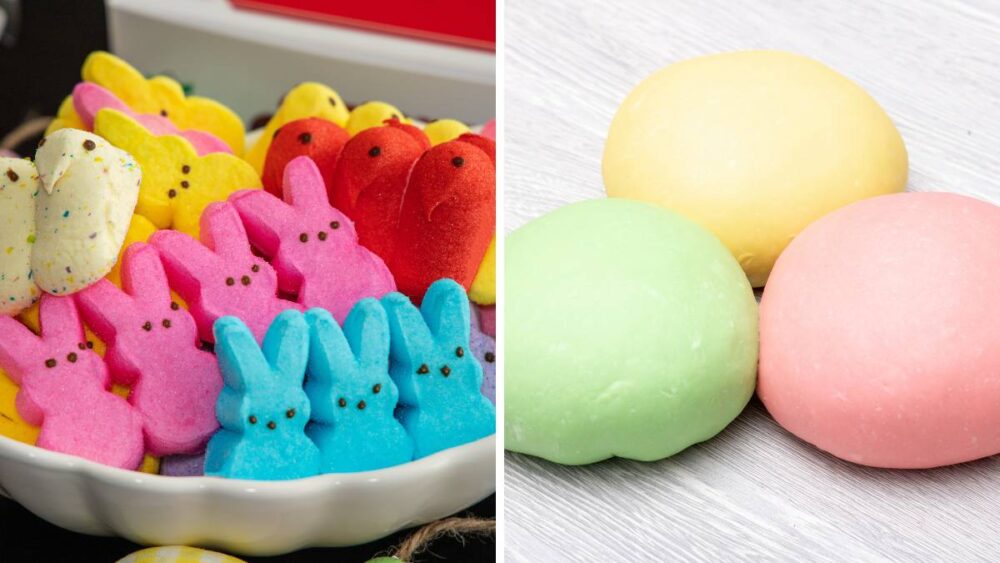Should you let your kids curse?
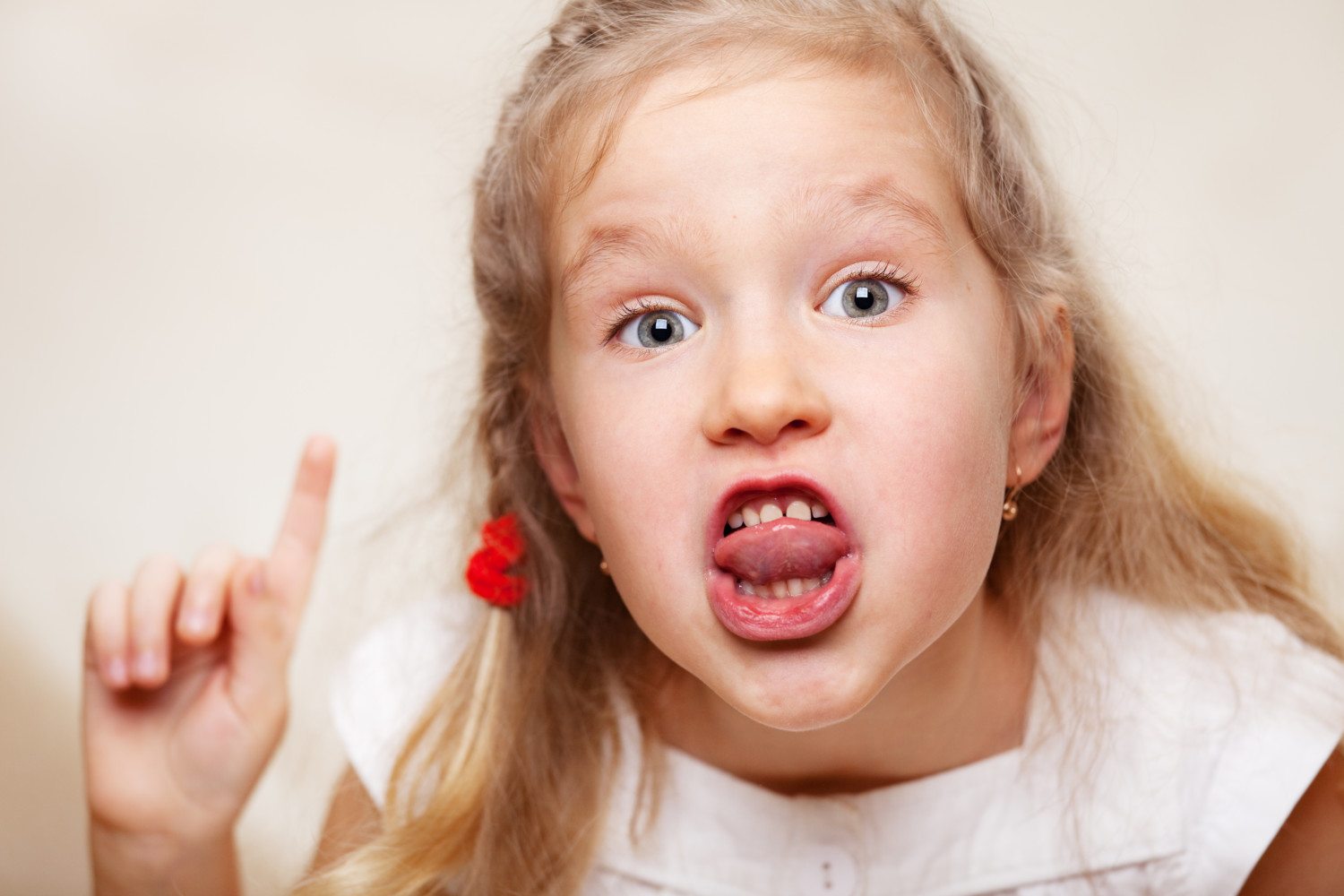
Most parents think children should be protected from four-letter words. We try to avoid using curse words in front of them, and we ban them from media that includes the f-bomb and other obscenities.
And if and when kids do curse, parents are quick to correct them.
After all, do you really want to be the parent of the child who taught everyone else how to say…well, we won’t repeat it here. But rest assured, those other parents are not pleased.
https://giphy.com/gifs/desperate-housewives-dhedit-juanita-solis-Fju9DN7RWiVe8
But lately, some people are rebelling against the idea that cussing in front of children is a bad thing. After all, what exactly is so bad about saying “Sh**!” when you stub your toe, or “D*** it!” when you spill your coffee on your new dress? Do swear words have a demonstrably negative impact on children’s minds and vocabularies?
What The Research Says About Kids and Swearing
Actually, no. Despite our impulse to protect young ones from the scourge of the f-word, the reality is that we don’t have any research that links obscenities to any negative impact on a child’s brain.
In a 2016 op-ed for the Los Angeles Times, professor, researcher and parent Benjamin Bergen points out: “There’s no [scientific] proof that exposure to ordinary profanity — four-letter words — causes any sort of direct harm” nor any evidence that “exposure to ordinary profanity — four-letter words — causes any sort of direct harm: no increased aggression, stunted vocabulary, numbed emotions or anything else.”
Bergen even wrote a book on the topic (called “What the F: What Swearing Reveals About Our Language, Our Brains, and Ourselves“), in which he debunks 2011 findings from the American Academy of Pediatrics that linked swear words to negative emotional outcomes. The professor points out that the negative outcomes were more likely the result of the violence in the television shows the children were watching, not the swear words in the programs.
Why Slurs Are The Bigger Problem
However, not all “bad” words are created equal. For example, slurs have been shown to toxic to the brains of both adults and children. Research shows that people who are repeatedly exposed to slurs for gay people later exhibit more bias and distrust of gay individuals, and other studies show that LGBT kids who grow up hearing “That’s so gay” have increased physical and emotional distress later in life, such as headaches, loss of appetite and feelings of isolation and depression.
The same is true for other slurs. Words like “slut” have been shown to have a devastating negative impact on young women, leading to low self-worth, self-harm and even suicide. The same is true for racial slurs, which some teachers say are on the rise in our current tense political climate.
It’s clear that there is a difference between swear words and slurs. So while saying “Oh, sh**” in front of your kids won’t harm their self-esteem, researchers caution that parents need to make sure they aren’t using racist, sexist or bigoted language that demeans other people.
What Other Parents Think About Kids Swearing
Of course, if you prefer not to cuss and you cringe when the little ones say a “naughty” word, you aren’t alone.
I strongly disagree. I taught my son that swearing shows a lack of intelligence in being able to express yourself without swearing.
— Deanna (@SocialControl) August 9, 2016
@RonEClaiborne @matthewjdowd l do not want to hear expletives from anyone, let alone children. We have become a potty mouth society.
— Elaine Newcomb (@ehtn42) August 9, 2016
Its a No,Letting kids to curse, can lead them to be violent.Swearing can be potrayed as verbal abuse towards a person.It disrespectul
— Xolani Dot Khoza (@Bashin82Xolani) August 9, 2016
absolutely not! A sign of low vocabulary skills if you cannot articulate how you feel without swearing.
— Melanie Christiansen (@MelanieChristi2) August 9, 2016
What do you think? Do you swear in front of your kids, or do you think that sets a bad example? And how do you handle it if your kid says a four-letter word?
[h/t: Scary Mommy]


